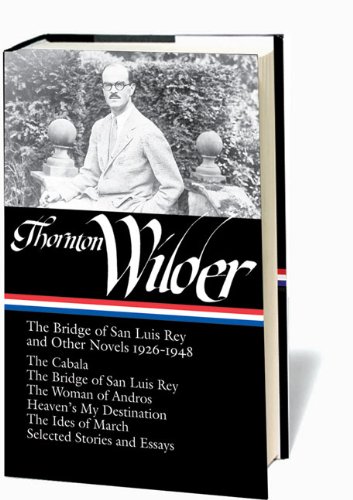 This short book is beautifully written, and packed with quiet humour and understanding. There are so many beautiful, insightful passages, but I will just quote a few. Here’s the Marquesa de Montemayor reading a letter from her daughter:
This short book is beautifully written, and packed with quiet humour and understanding. There are so many beautiful, insightful passages, but I will just quote a few. Here’s the Marquesa de Montemayor reading a letter from her daughter:
It was full of wounding remarks rather brilliantly said, perhaps said for the sheer virtuosity of giving pain neatly. Each of its phrases found its way through the eyes of the Marquesa, then, carefully wrapped in understanding and forgiveness it sank into her heart.
And the Abbess:, trying to get the young man she raised to come back to her:
“But Manuel, dear Manuel, can’t you remember as children how you did so many things for me? You were willing to go across the town on some little errand. When I was ill you made the cook let you bring me my soup?” Another woman would have said: “Do you remember how much I did for you?”
And some lovely wry character sketches too:
In society she cultivated a delicate and languid magdalenism, as a great lady might, and she carried a candle in the penitential parades, side by side with ladies who had nothing to regret but an outburst of temper and a furtive glance into Descartes.
The setting and structure can’t help but make me think of Gabriel Garcia Marquez, but this book is less magic, more realism. It does have a magic all its own though, of a kind you don’t often see. In this case it is true that they don’t write them like this any more.
I’m grateful to Jim Flynn, whose book The Torchlight List brought this excellent novel to my attention. Now you’ve read this, you can read the novel too and be grateful to me. You’re welcome.